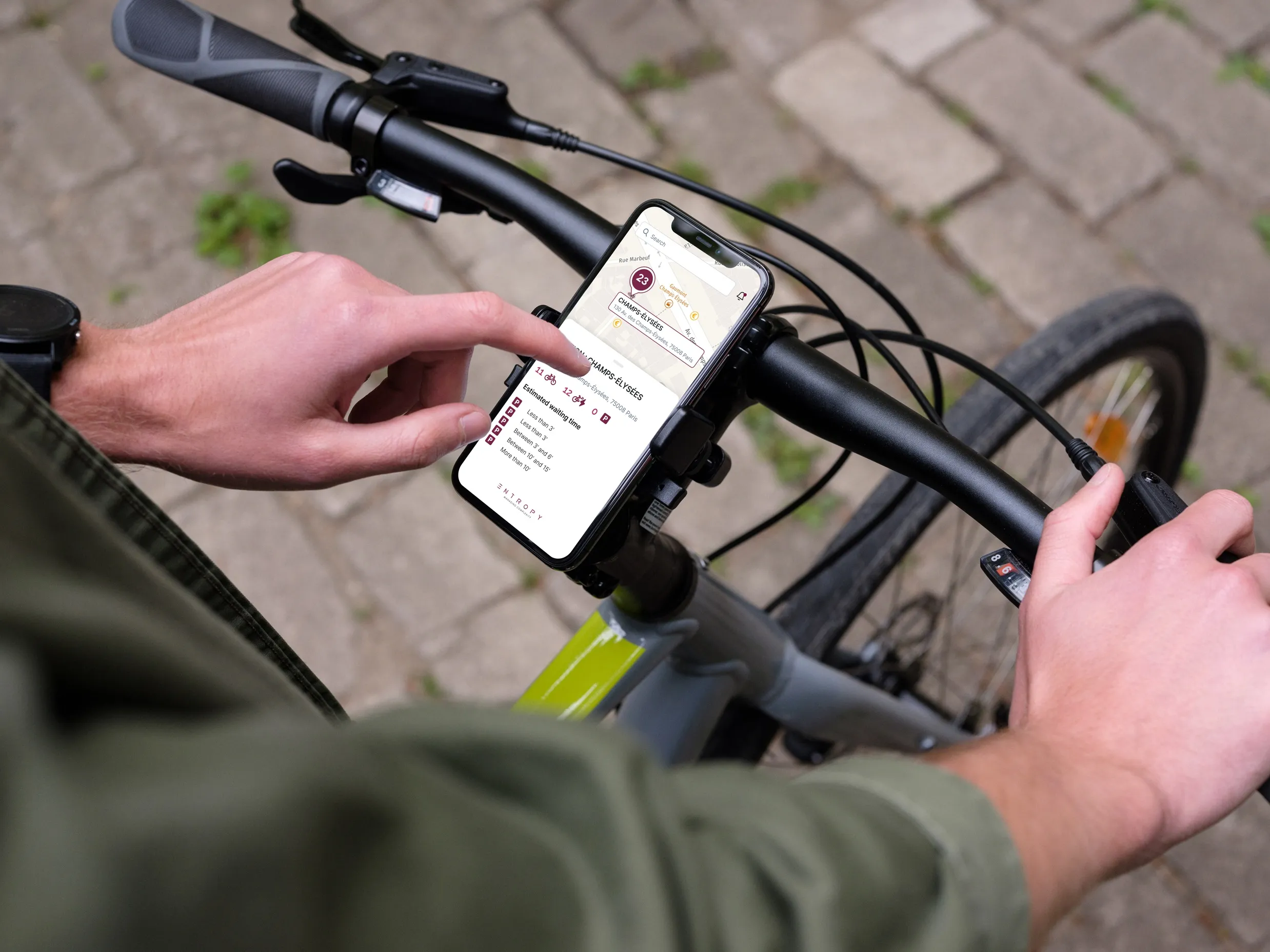
Entropy showcased its Azoth urban mobility prediction platform at CES 2025 in Las Vegas this month.
Azoth analyses real-time data such as vehicle geolocation, weather, trip history and local events to forecast passenger movements up to 24 hours in advance. This transforms fleet management into an exact science, says Entropy.
The solution combines artificial intelligence with data fusion, the process of integrating multiple data sources to produce more consistent, accurate and useful information than that provided by any individual data source.
The aim is to provide information for the design, adaptation and regulation of mobility-related services. Entropy says that its models are based on multi-source data such as GPS data, sensors, cartography, population knowledge, satellite imagery and meteorology.
The company said Azoth predicts user demand and needs for every recharging station and charging network, enabling proactive management. Forecasting of vehicle and parking space availability within five minutes is 98% accurate, says Entropy. There is a 73% gain in prediction precision, for better fleet management and 92% improvement in operational performance through more accurate demand predictions.
The overall result is fewer trips, meaning a lowering CO₂ emissions.
Entropy, founded in 2019, is the result of four years of research work by Vedecom, based at Versailles Saint-Quentin-en-Yvelines University and one of the French government’s Institutes for Energy Transition. In 2023, Entropy was the winner of the AI for Urban Mobility Challenge organised by the Greater Paris Region.








